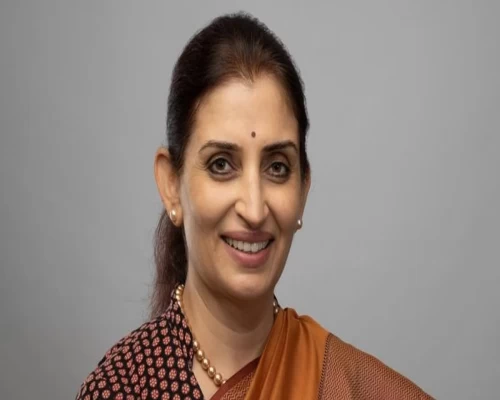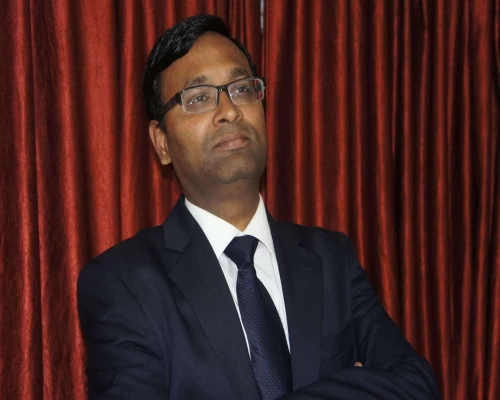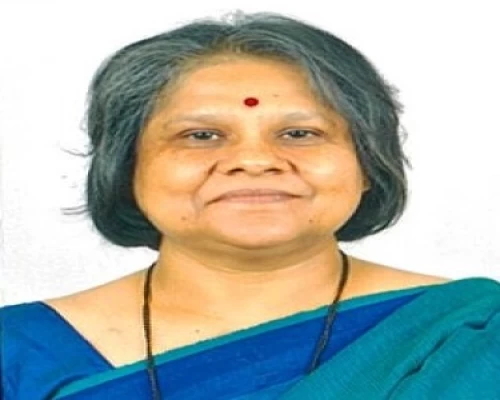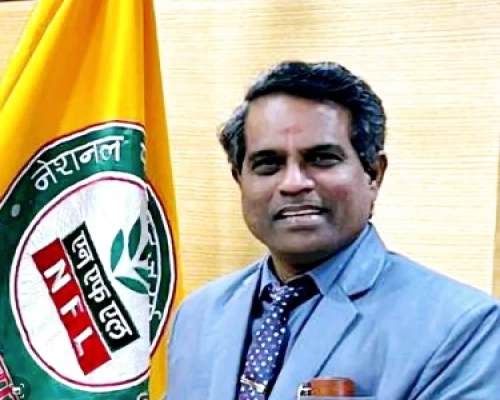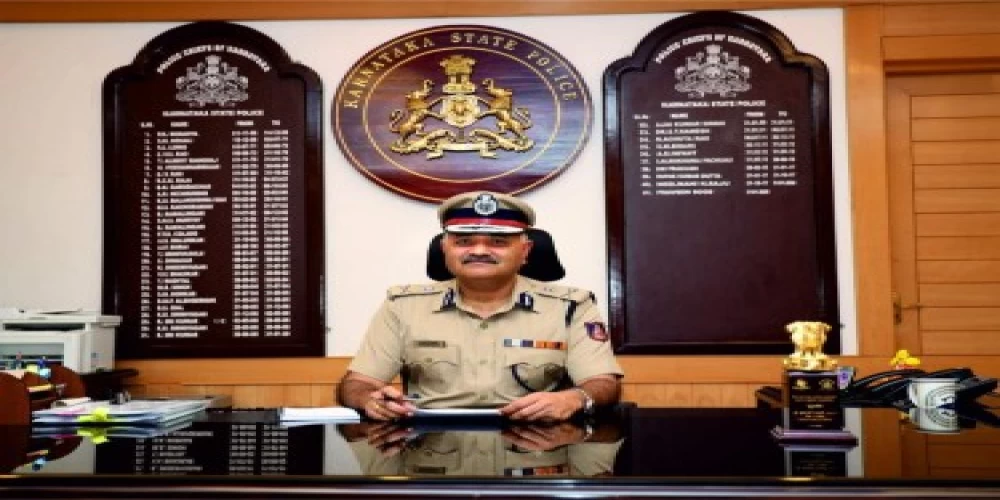
Bengaluru: Cyber crime has emerged as a major challenge for the police as the culprits are never known. It takes a whole lot of investigation to reach and nab the guilty. The damage is hardly compensated. “Policing is no longer just about maintaining law and order, safeguarding and protecting public properties and installation. Cyber crime is a serious challenge for us. In fact, policing now has become a multifaceted challenge,” said Karnataka DGP Praveen Sood in an exclusive interview with Bureaucrats India Editor-In-Chief Navneet Anand. Here are the excerpts:
How has policing evolved over the years?
It has undergone a sea-change. The domain of police is expanding very fast. Now we have to deal with financial crime and cheating. Of course, we have to deal with problems like terrorism and Naxalism, which have not eliminated. Social media is like a double edged sword. It has helped us in connecting with the people fast, while bad elements are using them for their nefarious designs. New problems are cropping up before the police every day.
What about the attitudinal change in cops?
Things have improved with reformed and upgraded training. The new lot of officers and subordinates are well informed and more serious about their duties. However, I won’t say there is no scope for further improvement. In fact, we need to focus a lot on training part of the policing across the country.
Do you think that smartphones and computers have helped in improving policing?
Earlier, I would rebuke my officers if I found them staring at the screen of their mobile phones. Today we realize that most of the problems are originating from social media platforms like Twitter, WhatsApp and Facebook. We need to monitor them every time. Telephones and computers have become an integral part of policing. The police require them for routine functioning and also to keep a watch on the society.
Cyber crimes are affecting the common people like anything. How well prepared are our police to tackle them?
Police were not bothered about cyber crime one or two decades back. It has now become a serious challenge. Traditional methods of policing cannot be used to tackle cyber crime. Cyber crime has no border. It is a faceless crime. A person in India may be duped by somebody in Africa. Once a cyber crime has been committed, the only thing you get to know after a thorough investigation is the IP address. You don’t know the person behind the crime. It’s one of the biggest challenges to crack such crimes.
There are not too many arrests for cyber crimes?
In 95 per cent of the cyber crime cases, the police are unable to nail or chargesheet the accused. It should be kept in mind that a large number of cases of cyber crime are not reported to the police. At times, the cost of investigation turns out to be more than the loss the victim suffered. We will be happy if we are able to prosecute even five per cent of the cyber crime cases that are reported to us. The methods we use for solving a burglary will not work for cyber crime. For cyber crime, time is the key word. You have to act quickly.
How do you look at people’s expectations from police?
Expectations of people from the police have tremendously increased. More and more people are visiting the police stations for everything. Nowadays, people approach the police even in matters that are related to some other government departments. People seek solutions from the police. People seek redressal from the police. And honestly speaking, at times we are not capable enough to deal with those problems. So problems are increasing. Public expectations are increasing.
One more thing, the judiciary is coming up with more and more restrictions and guidelines for everything that the police do. The areas that were traditionally thought to be in the domain of the police are going into the domain of the judiciary. There are multiple commissions who are keeping a watch on us. There are hundreds of organisations who keep an eye on the police. I am not complaining. An eye has to be kept on the police but its impact on us should be enabling.
What about policing during Covid-19 pandemic?
Policemen throughout the country played a crucial role in controlling the spread of coronavirus. It was the policeman who implemented the guidelines of the Central government for checking the spread of the Covid-19 pandemic. They reached the needy with hope and help of all kinds – from food to medicines. They did a fantastic job.
The most positive impact of Covid-19 pandemic!
See, in Karnataka 100 per cent of trials and court procedures have shifted to online mode. Thousands of undertrials in the state had to be produced in the courts before magistrate and judges. A lot of time was wasted. A lot of manpower was required. At times an under trial would escape on his way to the court. We were thinking of ways to solve the problems. Covid-19 showed us the way. Due to the pandemic, we started producing undertrials before the judges or magistrates through video conferencing.
Now the pandemic has waned but trials are taking place through video conferencing. It’s saving a lot of time and manpower. Even experts like doctors or fingerprint experts are testifying online. The pandemic also showed how bad or fragile the health of policemen in India. We lost at least 180 cops to Covid-19. The disease proved to be an eye-opener for us. We are now focusing on the health of our cops. They should stay fit and fine to give the best of their duties to people and society at large. /BI/


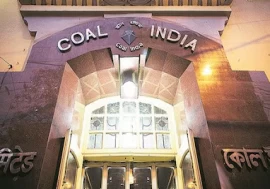
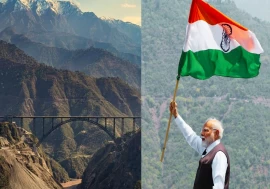
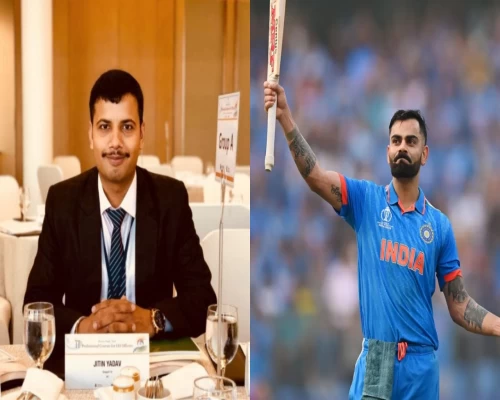

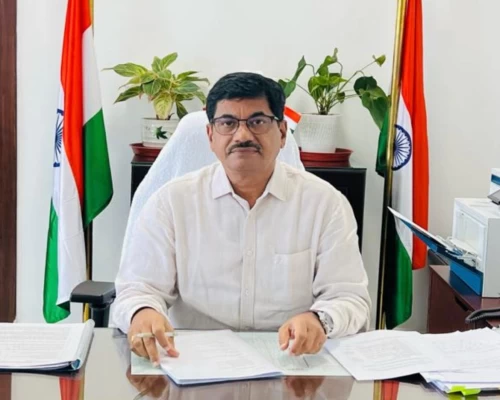
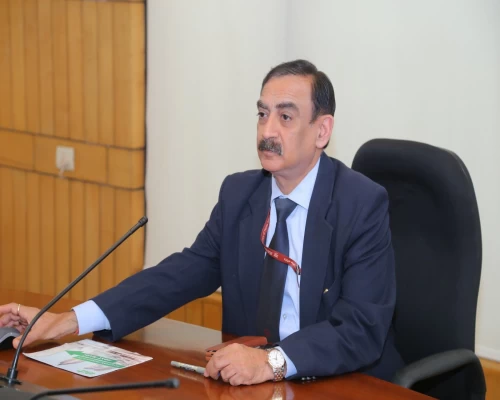
_500_x_400.webp)
